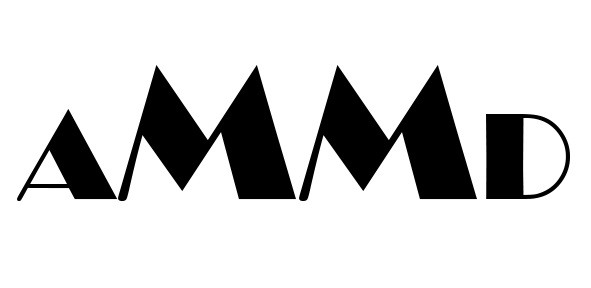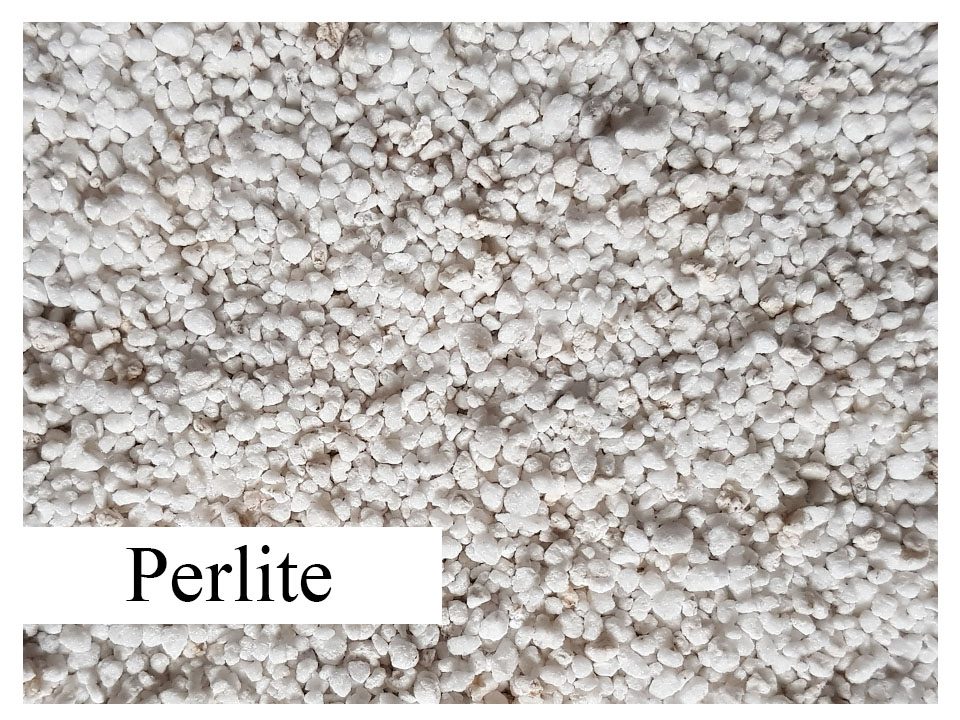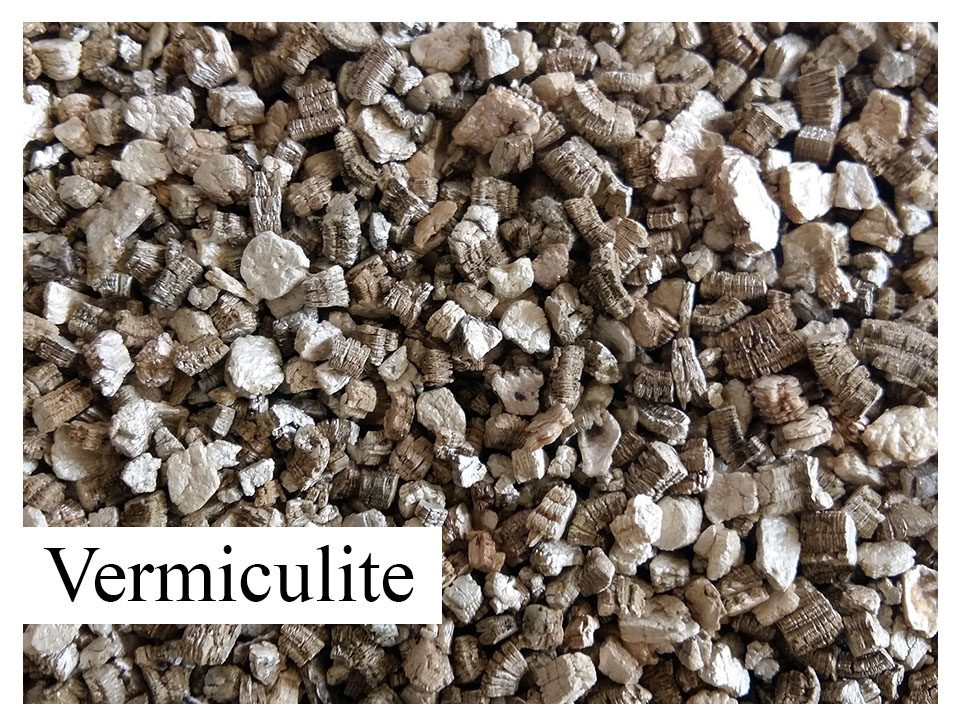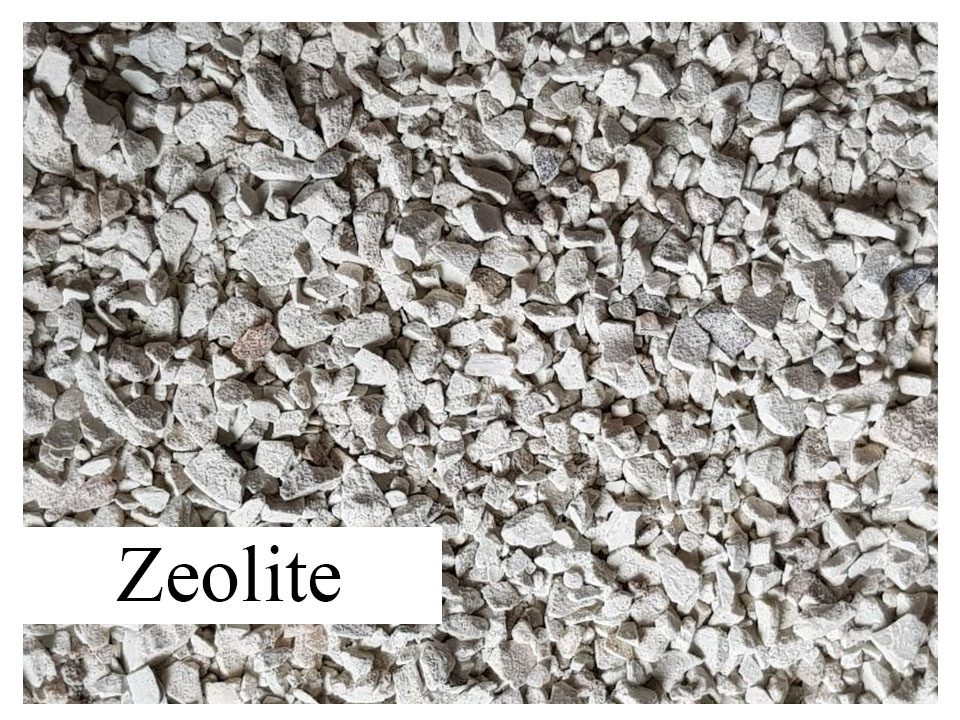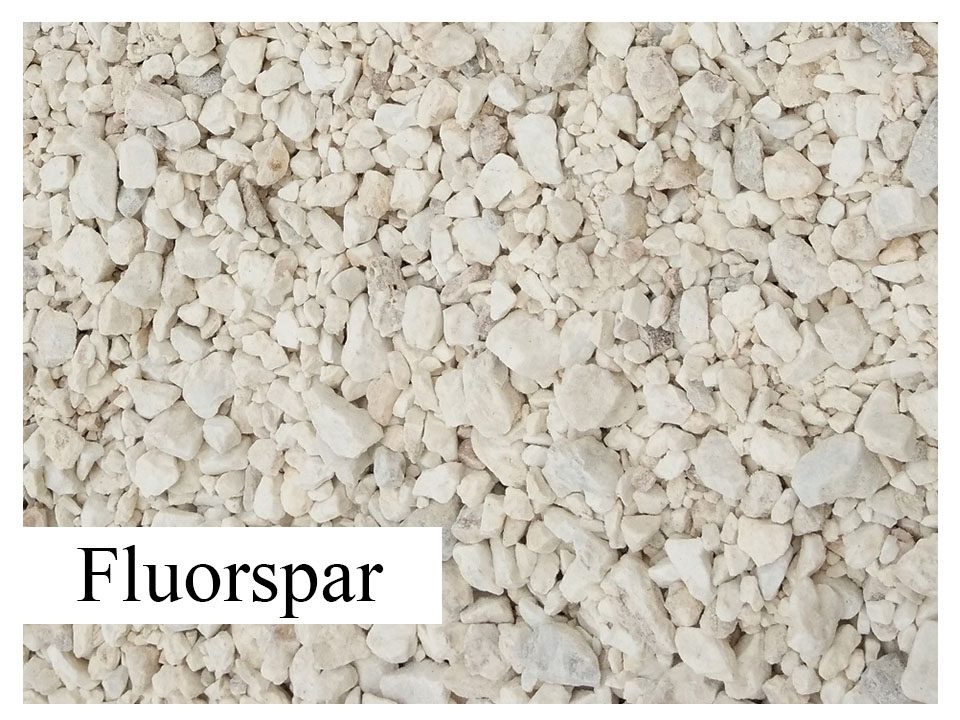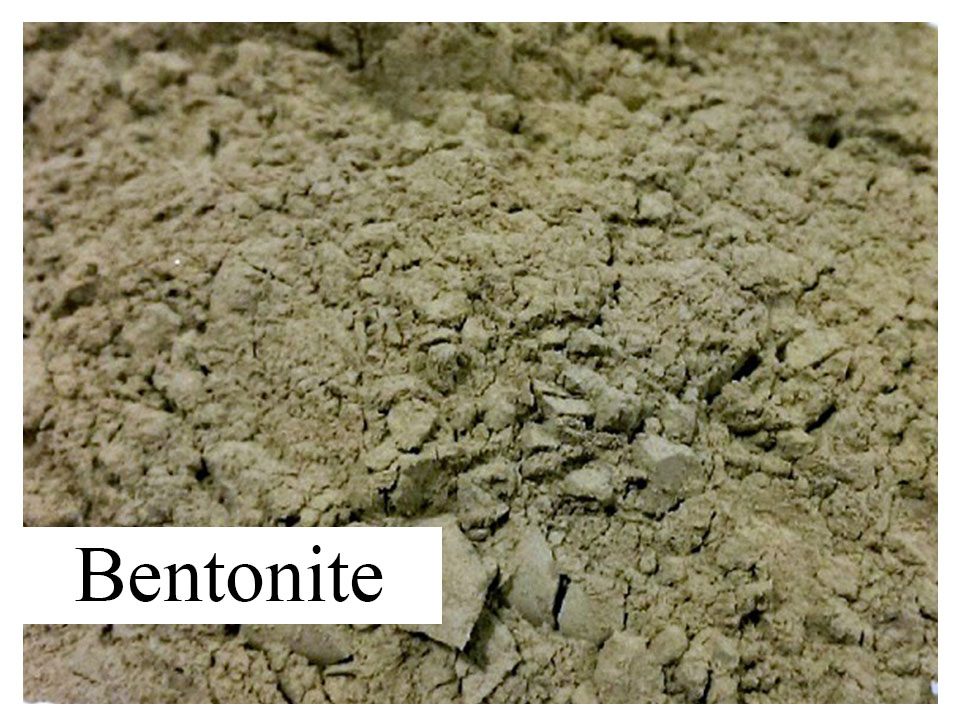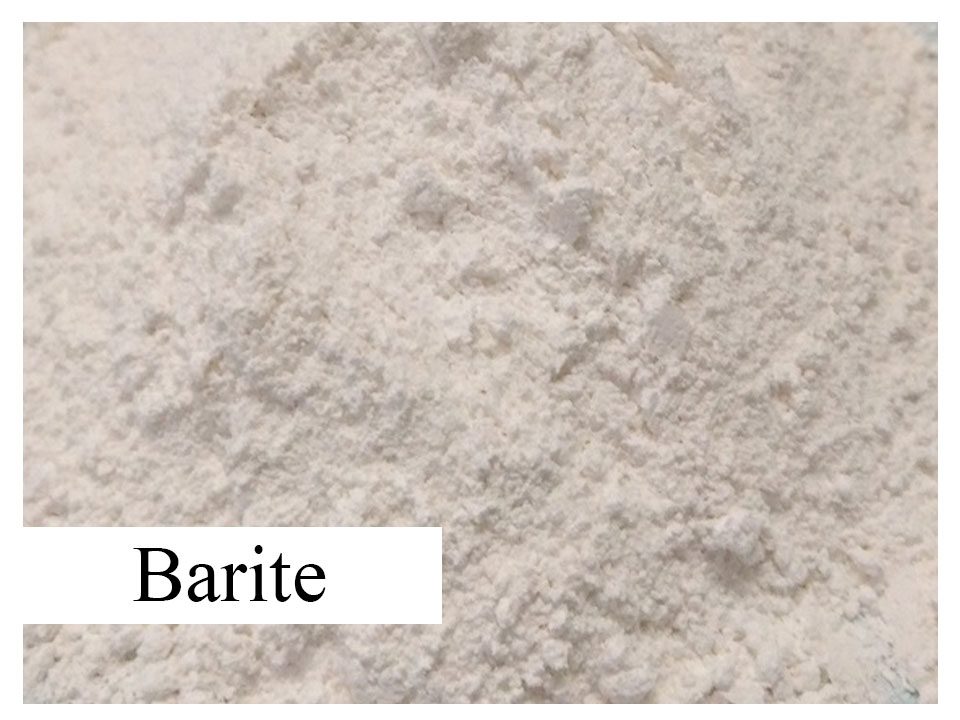VERMICULITE
The name ‘‘vermiculite” is derived from the Latin – vermicularis (wormlike) on account of the curved, elongate and twisted columns produced when the crystals are suddenly exposed to high temperature. Vermiculite is a mica-like mineral with a shiny flake which is one member of the phyllosilicate group. Vermiculite is formed under natural conditions such as hydrothermal alternation of biotite or weathering or phlogopite.
Vermiculite Characteristics
Vermiculite ore consists mainly of SiO2 (37–42 wt%), MgO (14–12 wt%), Al2O3 (10–13 wt%), Fe2O3 (5–17 wt%), H2O (8–18 wt%) and lesser amount of FeO (1–3 wt%). the variation in the chemical composition of vermiculite can cause a variation in its physical properties. It is chemically neutral, inert and pH 7. The overall chemical formula is (Mg2+, Fe2+, Fe3+) 3[(SiAl)4 O10]OH2.4H2O. It’s specific gravity in the range of 2.2–2.5. Vermiculite showed remarkable ion-exchange characteristics, of which it can be used for preparing materials required for extracting heavy metals salts from water and adsorbent of various pollutants in this field. The flaky structure of vermiculite enables it to have high lubricating characteristics for wide ranges of temperatures. Thus, it can be used as fireproof material and as lightweight porous filler for heat insulating. Vermiculite can be used as source material to produce thin inorganic films, foams or coatings, an inorganic filler for clay polymer composites, for circulation drilling mud and in the annealing of steel.Expand Vermiculite
Vermiculite expands when heated to 650–950 °C. The expansion process is known as exfoliation. When vermiculite heated, it expands, like ‘‘popcorn”, by approximately 8–30 times its original size and conves into a loose, lightweight fragments which separated by air entrainment. The exfoliated vermiculite exhibits 10–11 times less bulk density than its original volume before heating (80–120 kg/m3), low thermal conductivity (0.04–0.12W/m K) and relatively high melting point (1240–1430 °C). Its sound absorption coefficient in the range of 0.7–0.8 at a frequency of 1 kHz, water absorption reaches 10%, hygroscopicity not more than 3 wt% with 98% air humidity, exhibits low dust forming and abrasive properties. The chemical composition of vermiculite does not change during thermal expansion, only chemically bonded water is removed. When vermiculite expands >10 times its original size before heating, it can be classified as a good quality, whilst if the expansion <10 times, it can be classified as a low grade.AMMD Vermiculite Expanded
Advanced technology and production line in enable us a good annual production capacity of 10,000 m³ exfoliated vermiculite. Our machine park consists of the most modern equipment of world famous brands. Use of top-quality equipment allows us to provide the products that 100%meet your quality requirements. Our vermiculite is expanded in five classes of granulation – Micron, Superfine, Fine, Medium and Large.
